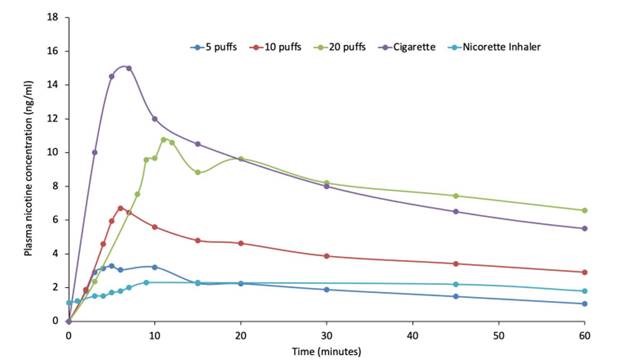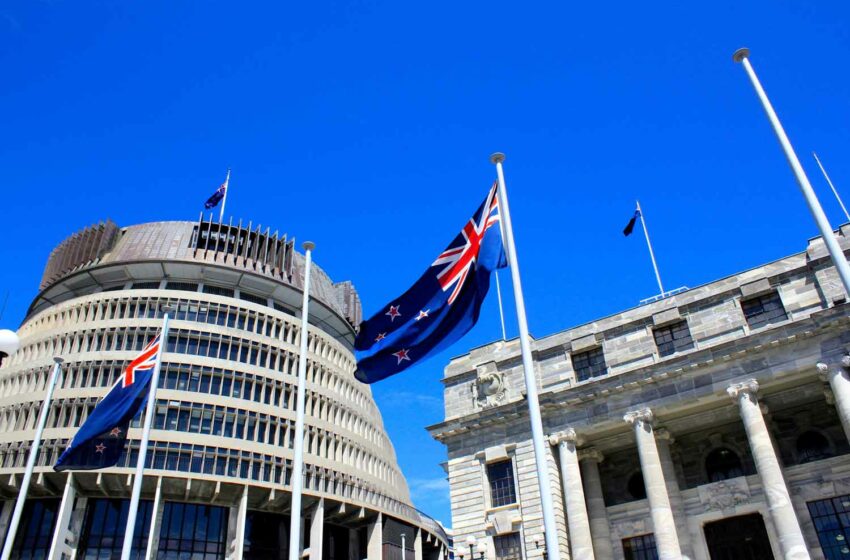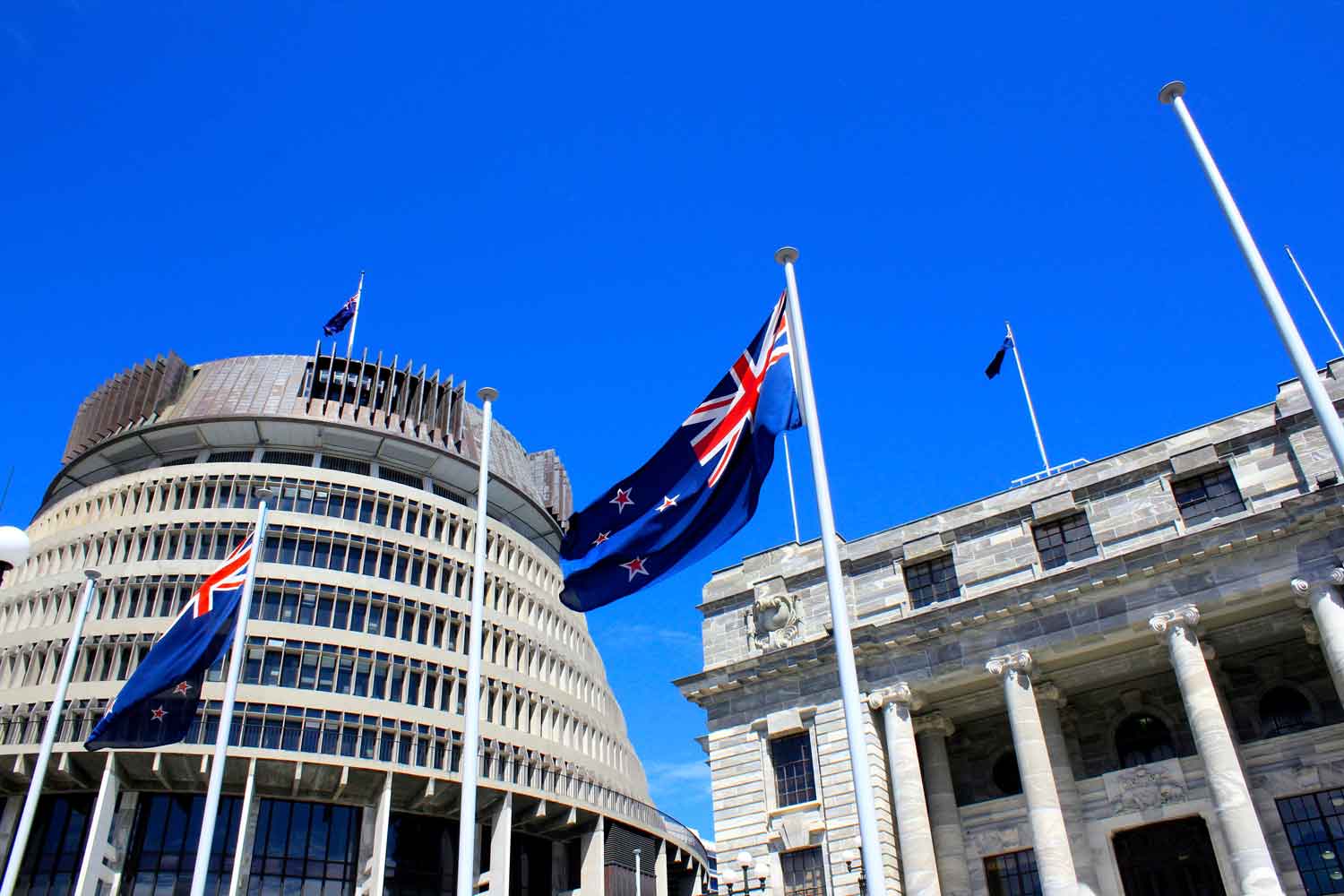
Filtrona has launched Cannatrona, a dedicated division serving the cannabis and hemp market.
The Cannatrona business supplies filter tips, mouthpieces and pre-roll solutions for cannabis and hemp products, alongside scientific services.
“The cannabis and hemp industry is seeing rapid expansion, but the regulatory landscape is also shifting at speed,” said Filtrona CEO Robert Pye in a statement. “What businesses in this field need is a partner with a proven track record of quality, innovation, brand development and compliance, and that’s exactly what Cannatrona offers. With the company’s launch, we’re looking to propel the sector to even greater heights in a transformative and meaningful way.”
“In any growing market, new businesses can be found all along the supply chain,” said Jeni Sperry, head of new business development at Cannatrona. “However, Cannatrona has something that the rest don’t, and that’s the century-long experience of Filtrona, one of the world’s leading special filter brands. For cannabis and hemp product innovators, we’re not just introducing filter tip and mouthpiece products to the market, we’re bringing expertise, innovation and a very bright future.”





















